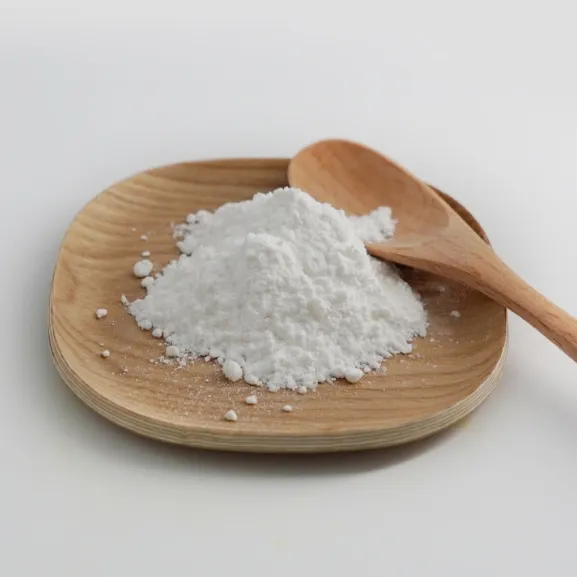Warning: Undefined array key "title" in /home/www/wwwroot/HTML/www.exportstart.com/wp-content/themes/1198/header.php on line 6
Warning: Undefined array key "file" in /home/www/wwwroot/HTML/www.exportstart.com/wp-content/themes/1198/header.php on line 7
Warning: Undefined array key "title" in /home/www/wwwroot/HTML/www.exportstart.com/wp-content/themes/1198/header.php on line 7
Warning: Undefined array key "title" in /home/www/wwwroot/HTML/www.exportstart.com/wp-content/themes/1198/header.php on line 7
- Afrikaans
- Albanian
- Amharic
- Arabic
- Armenian
- Azerbaijani
- Basque
- Belarusian
- Bengali
- Bosnian
- Bulgarian
- Catalan
- Cebuano
- China
- China (Taiwan)
- Corsican
- Croatian
- Czech
- Danish
- Dutch
- English
- Esperanto
- Estonian
- Finnish
- French
- Frisian
- Galician
- Georgian
- German
- Greek
- Gujarati
- Haitian Creole
- hausa
- hawaiian
- Hebrew
- Hindi
- Miao
- Hungarian
- Icelandic
- igbo
- Indonesian
- irish
- Italian
- Japanese
- Javanese
- Kannada
- kazakh
- Khmer
- Rwandese
- Korean
- Kurdish
- Kyrgyz
- Lao
- Latin
- Latvian
- Lithuanian
- Luxembourgish
- Macedonian
- Malgashi
- Malay
- Malayalam
- Maltese
- Maori
- Marathi
- Mongolian
- Myanmar
- Nepali
- Norwegian
- Norwegian
- Occitan
- Pashto
- Persian
- Polish
- Portuguese
- Punjabi
- Romanian
- Russian
- Samoan
- Scottish Gaelic
- Serbian
- Sesotho
- Shona
- Sindhi
- Sinhala
- Slovak
- Slovenian
- Somali
- Spanish
- Sundanese
- Swahili
- Swedish
- Tagalog
- Tajik
- Tamil
- Tatar
- Telugu
- Thai
- Turkish
- Turkmen
- Ukrainian
- Urdu
- Uighur
- Uzbek
- Vietnamese
- Welsh
- Bantu
- Yiddish
- Yoruba
- Zulu
8월 . 02, 2024 14:28 Back to list
Understanding the Benefits and Applications of Propylene Glycol Based Antifreeze Solutions
The Importance of Propylene Glycol Antifreeze A Comprehensive Overview
In the world of industrial fluids and automotive maintenance, propylene glycol antifreeze has become a vital component. Known for its effective heat transfer properties and lesser toxicity compared to traditional ethylene glycol antifreeze, propylene glycol serves numerous applications, ranging from engine cooling systems to food grade applications.
What is Propylene Glycol?
Propylene glycol is a colorless, odorless, and hygroscopic liquid produced from propylene oxide. It is classified as a GRAS (Generally Recognized as Safe) substance by the FDA, which means it is considered safe for use in food and pharmaceuticals. Its chemical structure allows it to function effectively as both antifreeze and coolant. When mixed with water, propylene glycol lowers the freezing point of the solution, making it ideal for environments that experience extreme cold.
Applications of Propylene Glycol Antifreeze
1. Automotive Use One of the primary applications of propylene glycol antifreeze is in automotive engines. It prevents the coolant in the engine from freezing, ensuring that it can function optimally even in very low temperatures. Additionally, it raises the boiling point of the coolant, which helps to prevent overheating. This dual functionality is critical for maintaining engine performance and protecting against damage.
2. Industrial Applications In manufacturing and chemical processing, propylene glycol is used as a heat transfer medium in chillers and cooling systems. Its effective thermal conductivity allows for efficient temperature regulation, which is crucial in various industrial processes.
propylene glycol antifreeze

3. Food and Beverage Industry Due to its safe classification, propylene glycol is frequently used in food processing and refrigeration systems. It is often utilized in the production of frozen foods and ice creams, ensuring that these products remain at optimal temperatures during storage and transport.
4. HVAC Systems In heating, ventilation, and air conditioning (HVAC) systems, propylene glycol is used as a heat transfer fluid. Its lower toxicity and efficient thermal properties make it a preferred choice for residential and commercial HVAC applications.
Advantages of Propylene Glycol Antifreeze
The advantages of using propylene glycol antifreeze are numerous. Its low toxicity significantly reduces health hazards in case of leaks or spills, making it an excellent choice for applications involving food or where human exposure is likely. Furthermore, it has a lower environmental impact compared to traditional ethylene glycol, which can be harmful to wildlife if it contaminates water sources.
Another significant benefit is its superior biodegradability. Propylene glycol breaks down more readily in the environment, minimizing long-term ecological harm. This characteristic aligns well with the growing demand for environmentally friendly products in various industries.
Conclusion
In summary, propylene glycol antifreeze plays a crucial role in a wide range of applications, from automotive engines to food processing and HVAC systems. Its effectiveness as a heat transfer medium, coupled with its lower toxicity and environmental benefits, make it a preferred choice over traditional antifreeze options. As industries continue to seek safer and more sustainable solutions, the importance of propylene glycol is likely to increase, securing its position as an indispensable fluid in modern applications. Embracing propylene glycol can not only enhance operational efficiency but also contribute to a more sustainable future.
Latest news
-
Certifications for Vegetarian and Xanthan Gum Vegetarian
NewsJun.17,2025
-
Sustainability Trends Reshaping the SLES N70 Market
NewsJun.17,2025
-
Propylene Glycol Use in Vaccines: Balancing Function and Perception
NewsJun.17,2025
-
Petroleum Jelly in Skincare: Balancing Benefits and Backlash
NewsJun.17,2025
-
Energy Price Volatility and Ripple Effect on Caprolactam Markets
NewsJun.17,2025
-
Spectroscopic Techniques for Adipic Acid Molecular Weight
NewsJun.17,2025

